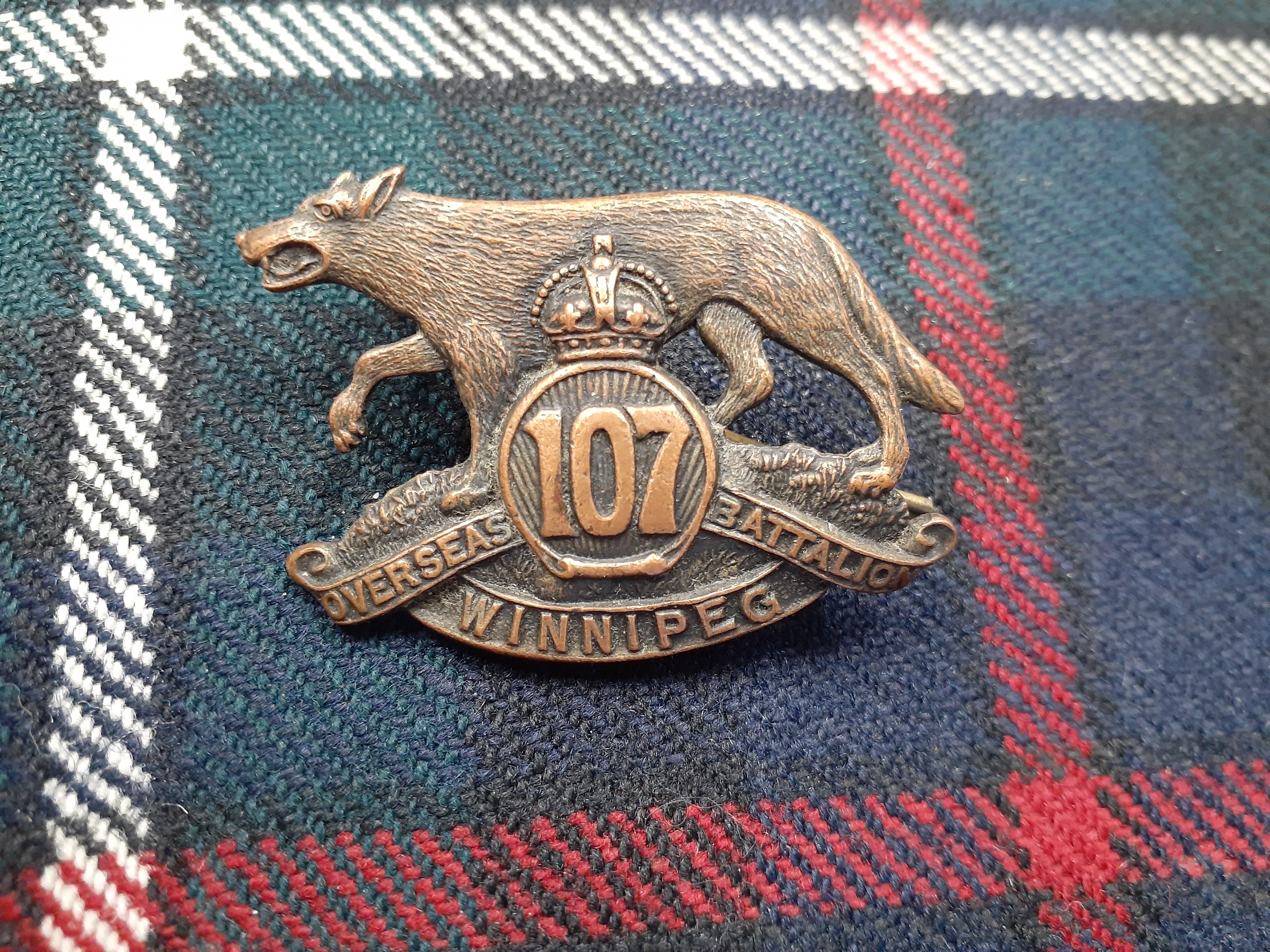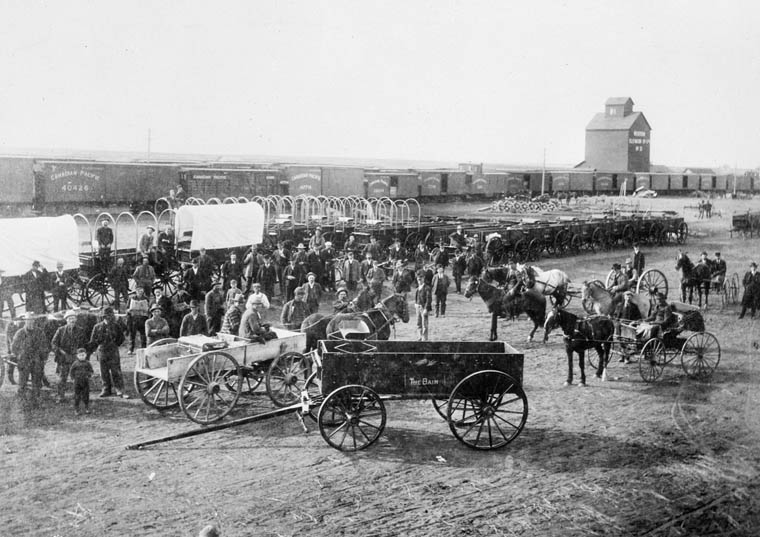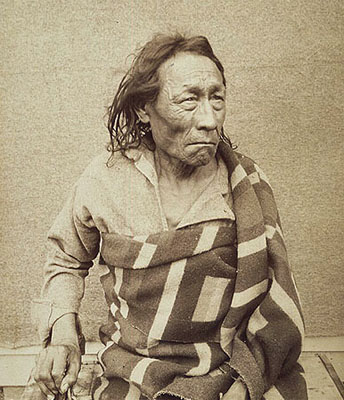Article
107th Timber Wolf Battalion
The 107th (Timber Wolf) Battalion, Canadian Expeditionary Force, known officially as the 107th (Winnipeg) Battalion, was an infantry battalion established during the First World War. After it arrived in Britain, the unit was converted to a pioneer battalion and served on the Western Front in France and Belgium. It was later absorbed into an engineer brigade. About half the unit’s soldiers were Indigenous Canadians.











